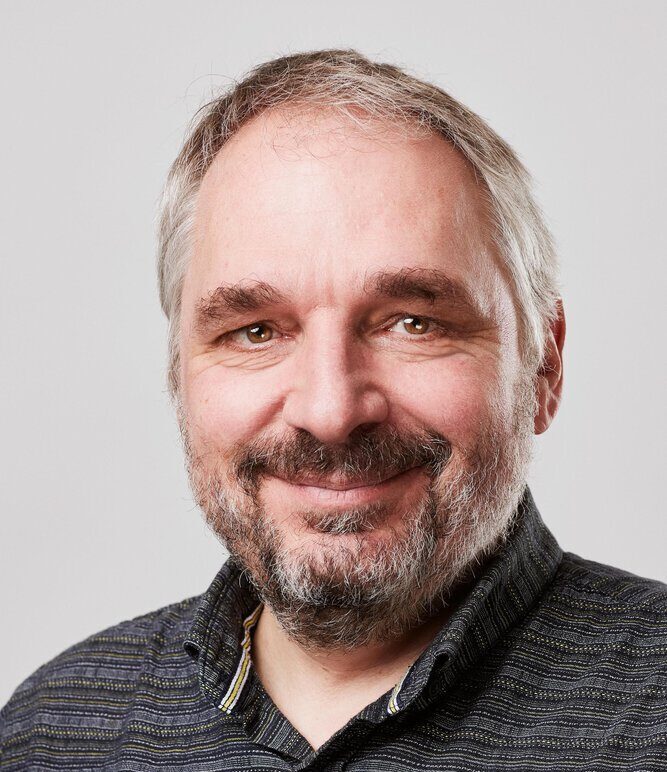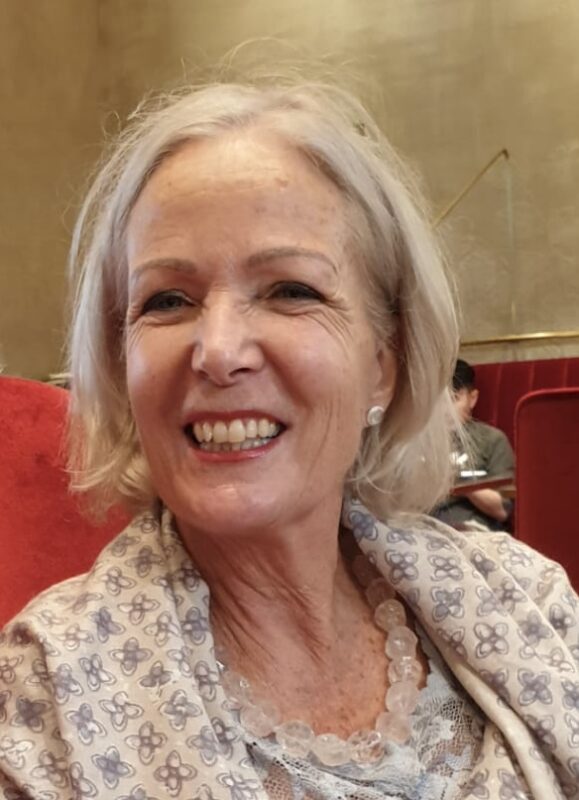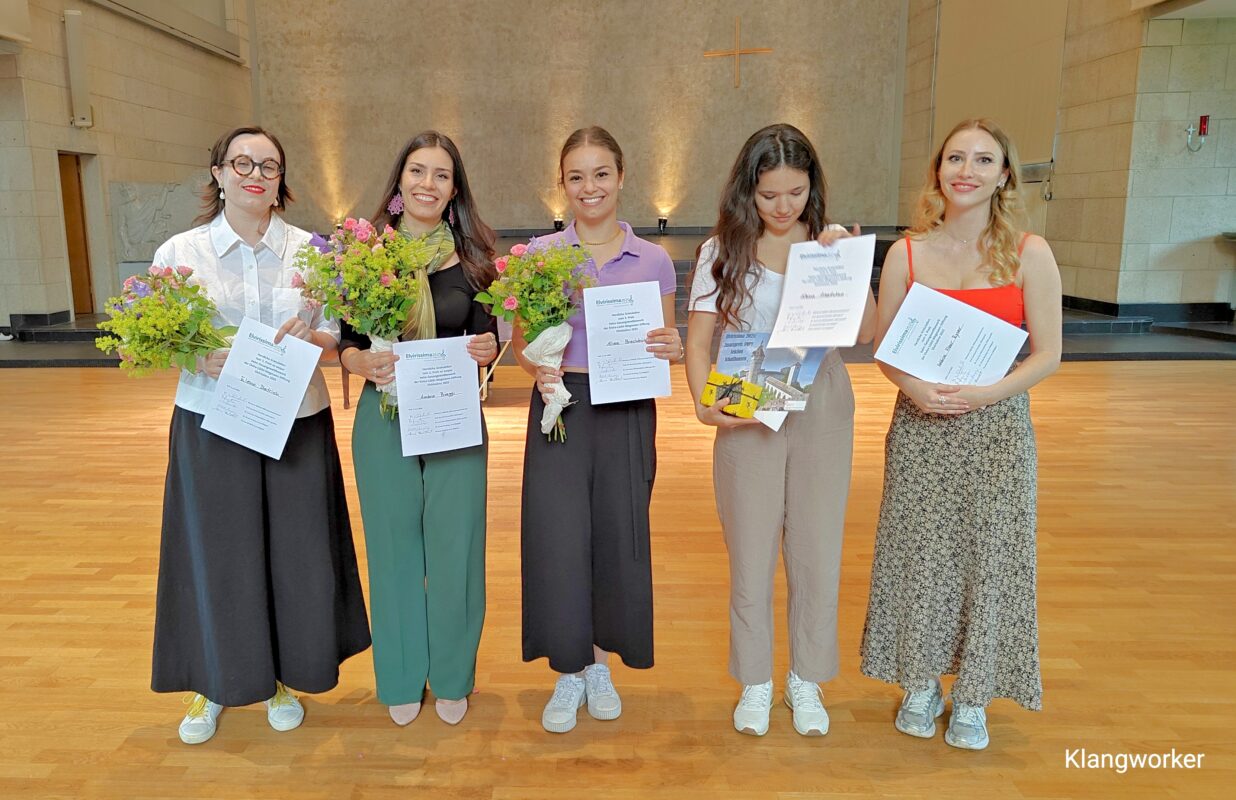ASEM and SSPM
The Swiss Association of Music Schools is the umbrella organization of the cantonal music school associations and the music school of the Principality of Liechtenstein. This year it celebrates its 50th anniversary - a good opportunity to reflect on the relationship between ASEM and SSPM!
As a professional association of music educators, the SSPM represents employees∙e∙s and self-employed∙e∙s, while theASEM represents the cantonal associations and their music schools, i.e. the employers. Both associations are committed to high-quality musical education in Switzerland. They are aware that this quality comes at a price, and therefore lobby politically for the allocation of appropriate financial resources to guarantee musical training at all levels.
I'm talking to Philippe Krüttli, President of ASEM, about relations between our two associations, the development of our collaboration and the improvements he feels are still possible in this area:
Dear Philippe, congratulations on your anniversary, and thank you for giving us some of your time during this busy period! How do you see the relationship between our two associations?
Philippe Krüttli: Most of the time, we defend the same objectives in terms of favorable framework conditions for music education, whether these are enshrined in music school laws, cultural promotion laws, or more general education laws. Both associations are fighting against wage dumping in the field of music education, while recognizing that salary structures vary considerably from canton to canton. In addition, we are committed to achieving greater recognition of our profession at all levels of society.
Of course, the private teaching activities of your members undoubtedly constitute a form of competition for our music schools, but when this is supervised and regulated, it can also generate healthy emulation.
It's true that our private music lesson platform.., mein-musikunterricht.chThis is a very successful program, but it's mainly adults who are looking for courses. With the exception of the canton of Schaffhausen, we can't offer subsidized courses. I think private courses are interesting when you want to take courses with a∙e specific teacher∙e or when you don't want, for example, to take your vacation during school vacations. Private courses offer greater flexibility.
This is exactly what I mean: your offer, along with the general evolution of society, is prompting music schools to rethink their approach and become more flexible. Today, music schools also offer flexible subscriptions, adult chamber music courses, as well as many other forms of ensemble playing and so on.
At the end of the day, unlike other platform owners, you have the same quality standards as we do: your teachers∙e∙s are trained∙e∙s as music teachers∙e∙s and, with the SSPM tariffs, you also take a stand for fair remuneration.
In what areas is our collaboration already working well?
We can remind you that we are co-founders of the pension fund Music and Training. In addition, we are partners in the following programs Youth and Music and Young Talents Music Thus, together with SSPM member Markus Hochuli, we found ourselves on an expert commission commissioned by the Swiss Confederation to draw up evaluation criteria for talented students. We also recall that SSPM co-president Annette Dannecker was involved in the development of the ASEM professional profile We work together to "enthuse - accompany - qualify", and we also work well together when it comes to preserving the Swiss Music Review.
In what areas do we have differences of opinion as an employers' or employees' association, given our respective missions?
I don't see any major differences in our visions. You assume your union role, and we are careful to ensure that the interests of our music schools, but also of their staff, are taken into account, within the framework of our contractual limits. I don't think you've often had to intervene as President of the SSPM in Berne in highly conflictual situations in our music schools, have you?
Recently once, but you're right, these are usually isolated problems encountered by certain members with the management of their music school, which can often be easily resolved.
Where do you stand on the issue of a CLA? Negotiating a collective labor agreement requires a lot of work, but it would enable school management and teachers∙e∙s to better understand each other's positions and would solve problems such as the lack of a mediation service.
This issue is under discussion in some quarters. The canton of Vaud, for example, has succeeded in establishing a CLA with its music school teaching staff after more than two years' work. That said, in cantons where the laws governing music schools have been well thought out, and where music school staff regulations precisely define the rights of their personnel, this is not necessarily necessary.
I know that the shortage of qualified∙e∙s music teachers is a theme in your association, just as it is with us. What can we do about it?
The various surveys we've carried out and the feedback we've received from many music schools point to a worrying situation, especially for disciplines such as piano and guitar. We are in contact with CHEMS to consider solutions. Continuing education as a complement to basic training, the question of obtaining specific qualifications for those without a master's degree in pedagogy, and work on internship modules to facilitate the transition between studies and the profession are our next avenues for improving the situation.

Philippe Krüttli, ASEM President ©️ASEM








